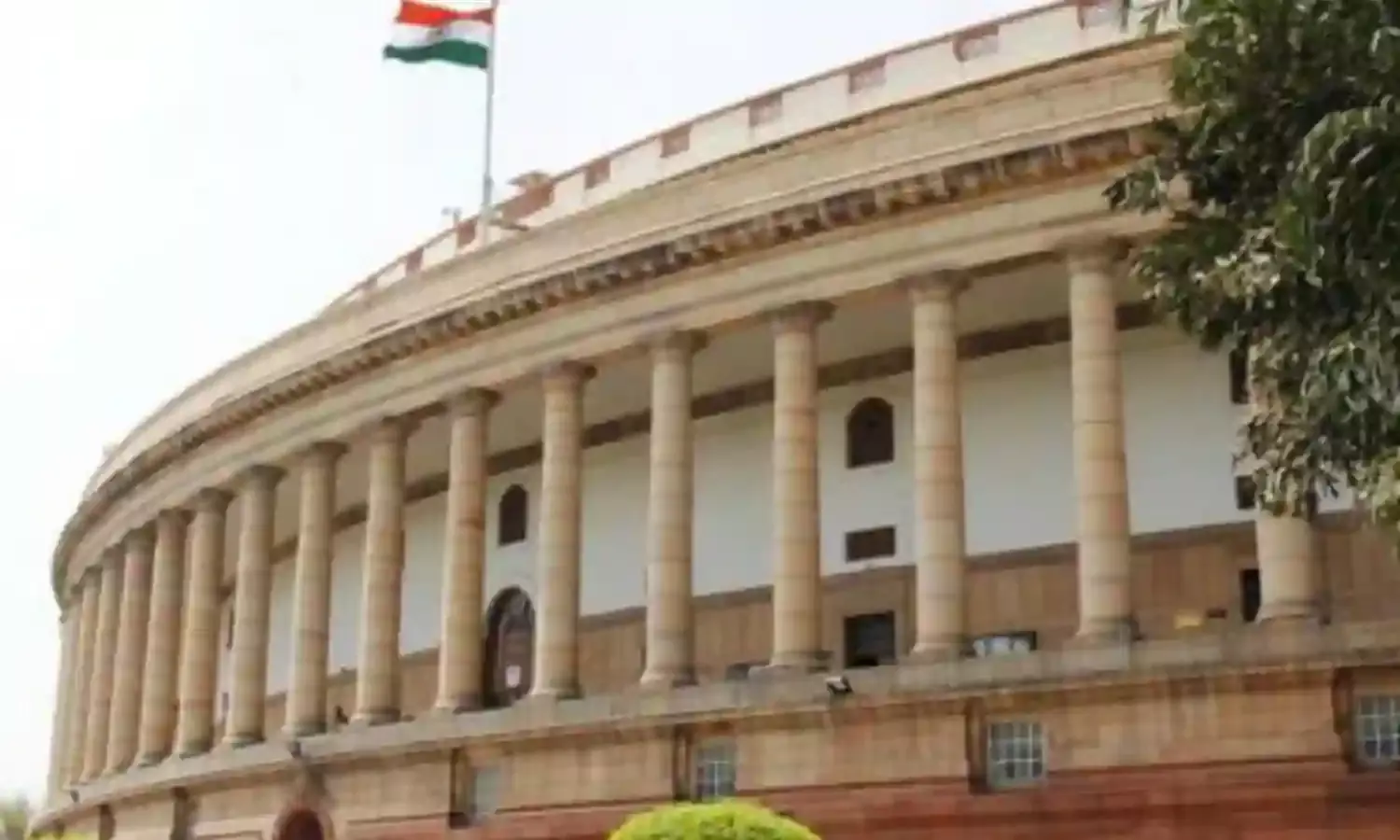Government Is Not Allowing Parliament to Have its Say
It is important to defend legislatures, which have the mandate to hold governments to account
The winter session of Parliament will commence tomorrow, December 11, and last for 21 days. This flags the shrinking window, during the last four and a half years, of the number of days for which Parliament is convened by the government for transacting state business and holding the government to account.
Such withering of Parliament sessions is a serious breach of the principle of accountability, which remains the defining feature of the parliamentary democracy consciously adopted by the framers of the Constitution.
The breach of the principle of accountability is also evident from the thinking of the government, which feels that in India of late there is a trend in favour of a presidential form of governance.
A document recently circulated by the Nehru Memorial Museum and Library records, “It is said that India has evolved into an almost presidential parliamentary democracy.”
This is indicative of the mind of the ruling leadership to negate Parliament and parliamentary democracy, a tendency that goes against the grain of the Constitution.
While the government anticipates India’s transformation into “an almost presidential parliamentary democracy”, the people of India, especially those who are marginalised and those who suffer, have pinned their faith on Parliament as the apex body representing the sovereign will of the people.
This was amply demonstrated by the farmers’ rally in New Delhi organised in the last week of November, which demanded a three-week joint session of Parliament to discuss the agrarian crisis.
The journalist P. Sainath who champions the cause of farmers and studies agrarian distress demanded that the farmers be allowed to address and put forth their grievances before both august Houses of Parliament.
In contrast to this, we see governments hesitating to call a Parliament session, or curtailing its deliberations. This breach of the principle of accountability is a serious issue. The diminishing number of days Parliament meets gives the impression that as an institution it is being undermined.
At a time when institutions are being assaulted in a systematic manner and attempts are being made to choke people’s voices, it is important to defend the legislatures, which have the mandate to hold governments to account.
As Parliament meets for its winter session one is alarmed by the fact that several of its committees are not allowed to function properly. It was reported in the media that the Estimates Committee headed by Murli Manohar Joshi was not supplied with certain documents by the government despite requests to do so.
This is perhaps the first time a Parliamentary Committee has been denied the documents needed to discharge its functions. Since 2014 hardly any Bill has been referred to the department-related parliamentary standing committees for scrutiny and examination. As a result the critical examination of legislations is not taking place.
When the departmental parliamentary committees were set up in 1995, the late President K.R. Narayanan while inaugurating them thoughtfully said that the valuable parliamentary inputs coming from the members of diverse political persuasions would finetune the process of government.
In not sending the Bills to such Committees the finetuning of legislation is stalled in a calculated manner.
There were reports that Shashi Tharoor as chairman of the department-related Parliamentary Standing Committee on External Affairs had to face hurdles from many quarters to adopt a report, and he was so exasperated that he sent the report to the External Affairs Ministry for it to see its contents, which he felt had no adverse bearing on the security of our country.
It is unprecedented that a Parliamentary Committee report was sent to the government. Such developments do not augur well for the evolution of parliamentary democracy in India.
Long years back, while fighting for our freedom, Mahatma Gandhi said that India needed parliamentary swaraj. Gandhi also interpreted Swaraj in terms of clean air, clean water and grain. Surely Parliamentary deliberations could help us resolve the environmental and air pollution issue in our country, which has assumed crisis proportions of a crisis causing massive death, morbidity and danger to life.
The silence of the prime minister on the environmental pollution issue is baffling.
Parliament must ask the government what it has done to address these issues. It must hold government to account.





